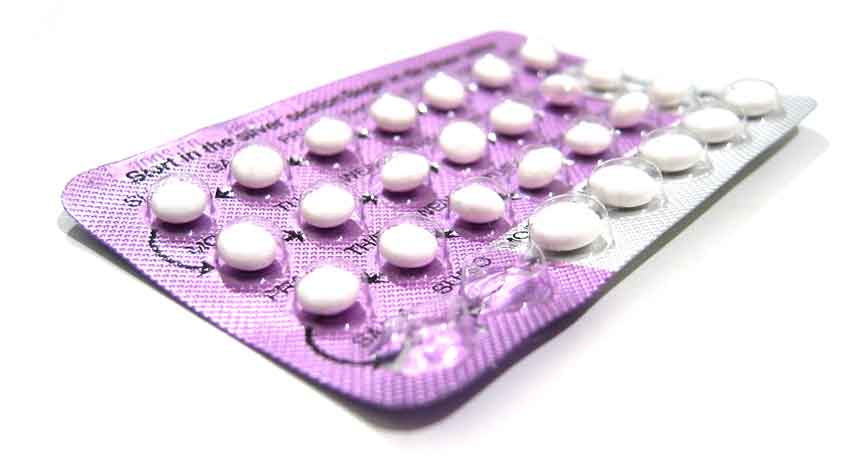Think twice before you choose hormonal contraceptives
Think twice before you choose hormonal contraceptives
22 Jan 2015Taking a hormonal contraceptive for at least 5 years is associated with a possible increase in a young woman's risk of developing a rare tumor, glioma of the brain. This is according to a study project based on data from Denmark.
While only a little is known about the causes of glioma and other brain tumors, there is some evidence that female sex hormones may increase the risk of some cancer types, although there is also evidence that contraceptive use may reduce the risk in certain age groups.

The technique of the project
In this project, the researchers drew data from Denmark's national administrative and health registries, enabling them to identify all the women in Denmark who were between 15 - 49 years of age and had a first-time diagnosis of glioma between 2000 and 2009. They found 317 cases and compared each of these women with 8 age-matched women who didn't have gliomas.
"It is important to keep this apparent increase in risk in context, as in a population of women in the reproductive age, including those who use hormonal contraceptives, you would anticipate seeing 5 in 100,000 people develop a glioma annually, according to the nationwide Danish Cancer Registry." says Dr David Gaist, research team leader of the Odense University Hospital and University of Southern Denmark.
Hormonal contraceptives not to be renounced yet
"While we found a statistically significant association between hormonal contraceptive use and glioma risk, a risk-benefit evaluation would still favor the use of hormonal contraceptives in eligible users," says Dr Gaist, who points out that it is important to carry on evaluating long-term contraceptive use in order to help women choose the best contraception for them.
Dr Gaist also emphasizes that the findings need to be interpreted with care, adding that, this study is an important contribution and hopefully it will spark further research on the relationship between female hormonal agents and glioma risk.
Source: Medical News Today